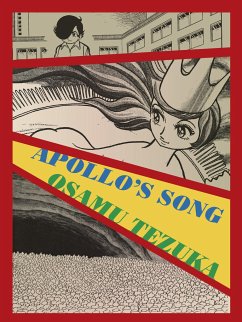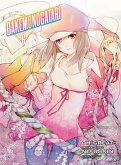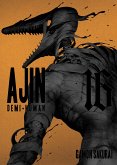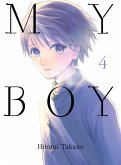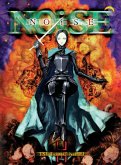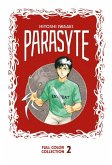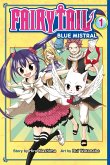Better to have loved and lost...The gods, with their poetic justice, can be unrelenting. Just ask the young cynic Shogo, who sinned against love. Electroshock therapy was only meant to bring him face to face with his own violent misdeeds, but instead landed him in the court of a stern goddess. If the encounter was a hallucination, then it's a hallucination that starts to encroach on reality in this unforgettable tale penned by manga-god Osamu Tezuka and inspired by Greek myths of divine unforgiving. Sharing with his longer work Phoenix the themes of recurrence and retribution as well as a spirit of high invention, Apollo's Song explores the meaning of love and the consequences of its absence.
Hinweis: Dieser Artikel kann nur an eine deutsche Lieferadresse ausgeliefert werden.
Hinweis: Dieser Artikel kann nur an eine deutsche Lieferadresse ausgeliefert werden.

